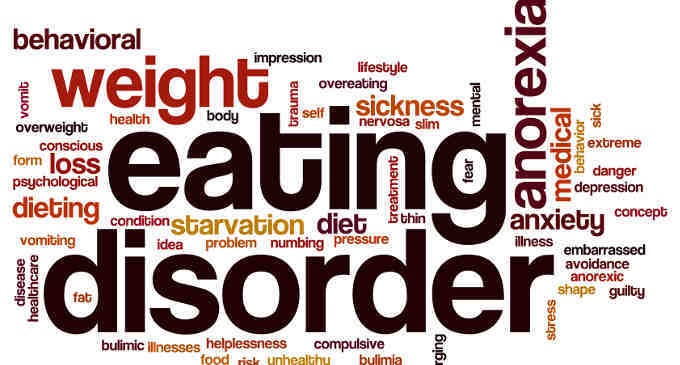Included in the Essential Levels of Assistance (ELA) since 2017, Eating Disorders (ED) represent the second leading cause of death among young people after road accidents, with increasing numbers and alarming estimates. Faced with this phenomenon, the Giorgia Meloni government, in the revision of the 2024 Budget Law, has recently decided to cut the Fund intended to support the treatment of these disorders.
What are Eds?
When we hear about Eating Disorders, there is often a mistaken tendency to think of only extreme cases such as bulimia or anorexia. However, the spectrum is much broader. The first step to understanding the dynamics of developing such illnesses is framing the problem: it is necessary to understand that these are primarily mental disorders that often represent only the tip of the iceberg of much deeper psychological or psychiatric distress. It is crucial to listen to adolescents expressing such distress to understand the underlying discomfort.
More generally, it is essential to understand that an eating disorder usually goes hand in hand with a disorder in relationships. This is why there has been a surge in cases since 2020, the year of the pandemic, which has disrupted our social and relational system. While COVID has undoubtedly accelerated these issues, it wouldn't have had such strong consequences (especially among the young) without a fertile ground in which to develop. The social media and relational patterns developed in recent years are certainly one of the main contributors to the worsening of these issues.
A common mistake is to blame the food, but in reality, adolescents (and not only) suffering from EDs tend to engage in self-punishing behavior towards their own bodies. The body becomes a container for emotions, deficiencies, and problems. Take, for example, binge eating, a disorder less developed and considered less "extreme" than bulimia or anorexia but often underestimated. In what doctors define as binge eating (understood in the clinical sense of the term and not in the, incorrect, common language usage to describe a more abundant meal than usual), a person affected by this disorder ingests an excessive amount of food within a few minutes. There is no perception of what is being eaten, and one only feels satisfied after finishing an entire package of cookies, a tub of ice cream, or a chocolate bar. In doing so, the feeling is one of fulfilling a lack, a sensation that quickly disappears once the guilt sets in, often leading to vomiting.
The numbers
Regarding the Fund established by Draghi with the Budget Law of 2021, it amounted to 25 million euros to be invested over two years that, distributed among the various regions, would have supported the treatment of eating disorders. Its cancellation will result in the closure of dozens of clinics across Italy unless intervention occurs by October 31, the project's deadline.
The numbers for the past year are alarming. According to the provided data, at least 22,000 people were taken care of in outpatient and day hospital services (created thanks to the Fund).
These multidisciplinary clinics represented a significant breakthrough in ED treatment, providing patients with a team of professionals from various fields involved in the healing process: psychologists, psychiatrists, child neuropsychiatrists, nurses, social workers, nutritionists, psychiatric rehabilitation technicians, and motor rehabilitation operators. The 2023 census by the National Institute of Health highlighted that most centers (63) are located in the northern regions, with 20 facilities in Emilia-Romagna and 15 in Lombardy. In these clinics, 1491 professionals
operate, about half of whom were hired thanks to the Fund.
The "Solution"
In an attempt to appease the criticism of not renewing the Budget Law for the Fund, Health Minister Orazio Schillaci has introduced an "Extraordinary Fund" of 10 million euros, along with thirty-two completely free services for patients, starting from April 1.
However, the underlying problem remains—the existence of excessively burdensome costs for those treating these disorders. Currently, only nine tests are entirely free, while many others (such as electrocardiograms or the provision of "assisted meals" in day services) require the involvement of those affected.
Unfortunately, it's not just about money. The expenses add to the pain of families and the difficulties of patients who, in extreme cases, pay the price of inadequate treatment with death; last year, there were four thousand recorded cases.
The last resort becomes going to the hospital instead of an outpatient clinic (a more suitable place for disease treatment) because only hospitalization allows patients to receive all services without payment. Thus, the emergency room functions as a funnel, even when it might not be the most appropriate choice.
To assess the effectiveness or inadequacy of this buffering measure announced by Schillaci, the deadline is the first half of 2024. In the meantime, it is crucial to continue talking about Eating Disorders to raise awareness in a still reluctant public opinion about the seriousness and prevalence of this condition that thousands of young people are grappling with.
Mondo Internazionale APS - All Rights Reserved ®
Translated by Stefania Errico


